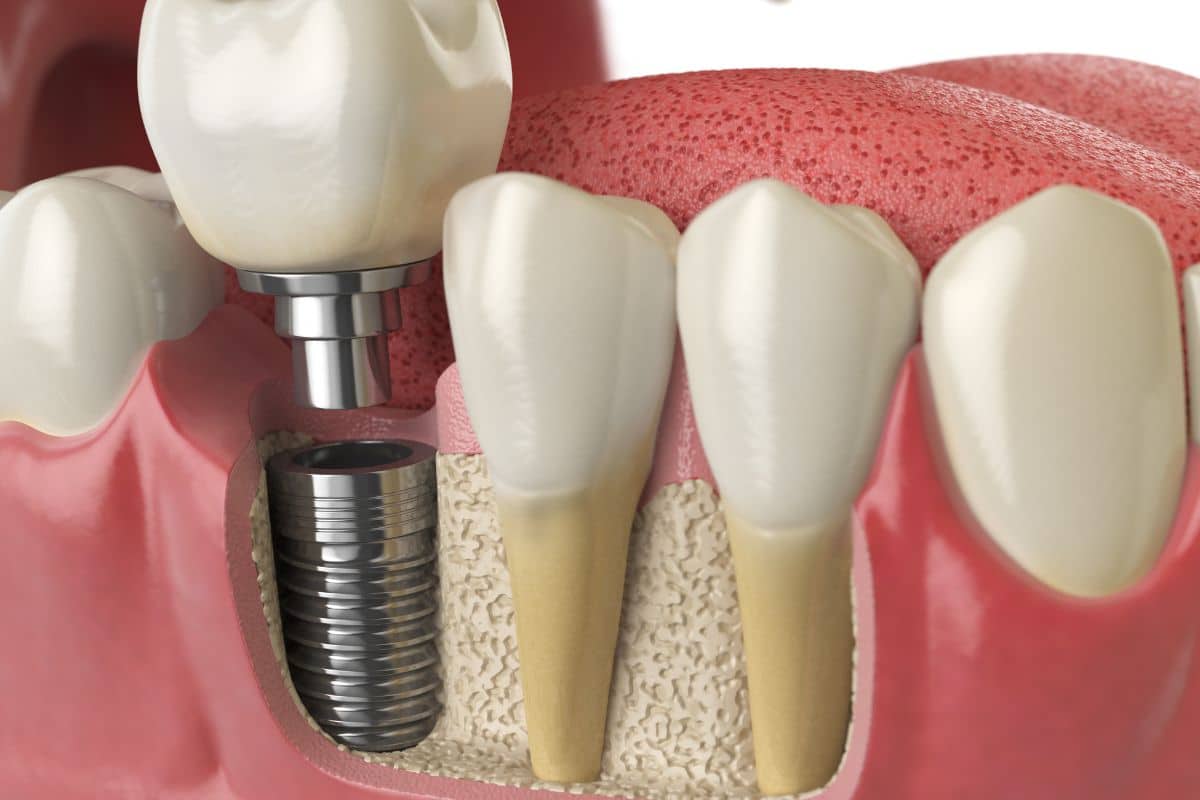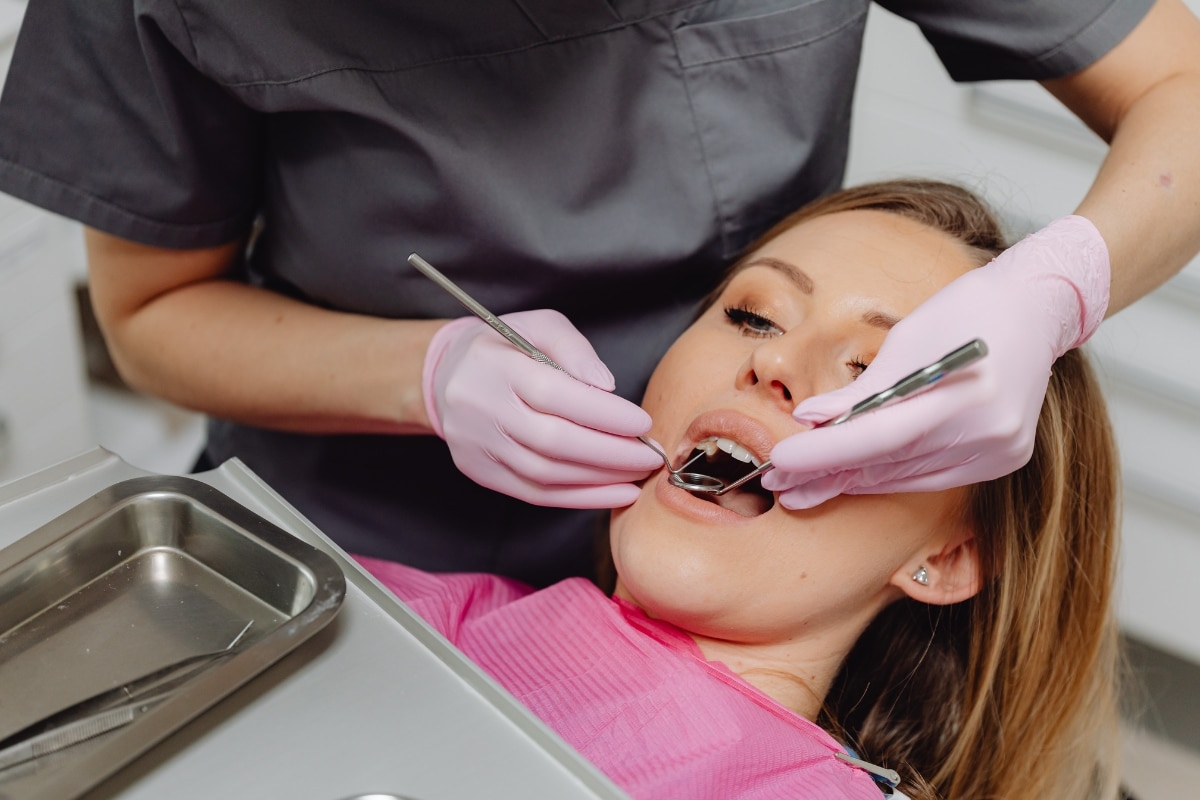Pay Online
Smoking And Implants: 5 Eye-Opening Facts That Will Change Your Mind About Smoking!

Smoking poses significant risks to overall health, but its effects on dental implants and oral health are particularly alarming. Dental implants are a common method of restoring lost teeth, and they rely on the health of the surrounding bone and gums to succeed. Smoking can severely compromise these critical aspects, leading to complications and failures.
Here’s a blog to explain five eye-opening facts about how smoking and implants can jeopardize your oral health.
How Does Smoking Endanger Your Dental Implants?
1. Impaired Healing Process
Smoking impairs the body’s natural healing process, an essential component of dental implants’ success. Nicotine and other chemicals in cigarettes narrow blood arteries, lowering the amount of blood that reaches the bone and gums. This diminished blood supply hampers the body’s healing ability after implant surgery.
- Reduced Blood Flow: Nicotine constricts blood vessels, lowering oxygen and nutrient delivery to the healing tissues.
- Delayed Healing: Wounds take longer to heal, increasing the risk of infections and complications.
When dental implants are placed, they require a healthy and well-vascularized environment to integrate properly with the bone (a process known as osseointegration). Smoking slows this process, increasing the likelihood of implant failure.
2. Increased Risk of Implant Failure
Smokers have a much lower success rate for dental implants. According to studies, the risk of implant failure is three times higher for smokers than for non-smokers. There are several reasons for this elevated risk:
- Poor Bone Integration: Smoking negatively affects the bone’s ability to integrate with the implant, leading to insufficient stability.
- Increased Infection Rates: Smokers are more prone to infections, which can cause implants to fail.
Those who smoke have a greater chance of implant failure because the compromised healing and increased susceptibility to infections can prevent the implant from properly bonding with the bone.
3. Higher Incidence of Gum Disease
Smoking leads to the development and progression of gum disease, also known as periodontal disease, and is particularly risky for the success of dental implants:
- Suppressing Immune Function: Smoking impairs immunity, making it more difficult for the body to fend against infections, including gum infections.
- Reducing Saliva Production: Smoking reduces saliva flow, which is vital to oral health. Saliva neutralizes acids and removes food particles and germs.
Gum tissue can shrink due to gum disease, and the bone can deteriorate, jeopardizing the stability and success of dental implants.
4. Increased Risk of Oral Cancer
One well-known risk factor for mouth cancer is smoking, which can have severe implications for dental implants. Oral cancer can affect the tissues around implants and pose significant challenges:
- Tissue Damage: Cancerous lesions or treatment for oral cancer may damage the soft tissues surrounding implants.
- Compromised Healing: Cancer treatments such as chemotherapy and radiation can further impair the healing of the implant site.
For smokers, the risk of developing oral cancer is considerably higher, and this condition can interfere with the maintenance and longevity of dental implants.
5. Aesthetic and Functional Concerns
Beyond the health risks, smoking can affect the aesthetics and functionality of dental implants:
- Staining and Discoloration: Smoking can cause staining and discoloration of both natural teeth and dental implants, affecting the overall appearance of your smile.
- Bad Breath: Smokers often experience chronic bad breath, which may affect their self-esteem and standard of living.
The visual impact of stained implants and the unpleasant odor of bad breath can undermine the benefits of having dental implants, affecting both aesthetics and social interactions.
Is Tobacco Reduced Bone Density?
Smoking can contribute to decreased bone density, which is essential to dental implants’ success. The reduction in bone density can affect the stability and integration of implants:
- Bone Loss: Nicotine and other chemicals in cigarettes may cause bone loss, increasing the risk of challenges for implants to securely integrate with the jawbone.
- Increased Risk of Osteoporosis: Smokers are at higher risk of developing osteoporosis, a condition that can further diminish bone density and affect implant stability.
Maintaining adequate bone density is crucial for the successful placement and longevity of dental implants.
Compromised Long-Term Success
Smoking not only affects the immediate success of dental implants but can also impact their long-term viability. Over time, smoking can lead to:
- Chronic Infections: Long-term smoking increases the risk of chronic infections, which can affect the health of the gums and bone supporting the implants.
- Reduced Implant Lifespan: The cumulative effects of smoking on oral health can reduce the lifespan of dental implants, requiring additional treatments or replacements.
Smoking poses numerous threats to oral health, particularly when it comes to the success and longevity of dental implants. From impaired healing and increased risk of implant failure to gum disease and oral cancer, the consequences of smoking are far-reaching. The aesthetic and functional drawbacks further compound the problems associated with tobacco and implants.
If you are considering dental implants or currently have them, quitting smoking is one of the most impactful steps you can take to ensure their success and protect your oral health. The benefits of quitting extend beyond just your dental implants, improving overall health and well-being.
Understanding these risks can be a powerful motivator for smokers to seek help and make positive changes. Addressing these risks and prioritizing oral health greatly enhances the chances of successful dental implant integration and enjoying the full benefits of a restored smile.
Recent Posts

Why Is It Critical to Replace a Missing Molar Even If It’s Not Visible When I Smile?

What Should I Do If My Child Knocks Out a Permanent Tooth in Elgin?

Can Invisalign Fix Overbite? How It Solves Complex Dental Issues in Elgin, IL

How Does Thumb-Sucking or Pacifier Use Affect Teeth?


